The most stable carbocation is




The correct Answer is:B
To determine the most stable carbocation, we need to understand the factors that contribute to carbocation stability. Here’s a step-by-step solution:
Step 1: Understanding Carbocation Stability
Carbocations are positively charged carbon species. Their stability is influenced by several factors, including the degree of substitution (primary, secondary, or tertiary), resonance, and hyperconjugation.
Step 2: Classifying Carbocations
1. Primary Carbocation: A carbocation attached to one other carbon atom. Least stable.
2. Secondary Carbocation: A carbocation attached to two other carbon atoms. More stable than primary.
3. Tertiary Carbocation: A carbocation attached to three other carbon atoms. Most stable due to hyperconjugation and inductive effects.
Step 3: Resonance Stabilization
Carbocations can also be stabilized by resonance. If the positive charge can be delocalized over multiple atoms, the carbocation is more stable. For example, allylic and benzylic carbocations are more stable due to resonance.
Step 4: Evaluating Examples
- Tertiary Carbocation: For example, a tertiary butyl carbocation (C(CH₃)₃⁺) is very stable due to hyperconjugation from the three methyl groups.
- Secondary Carbocation: An isopropyl carbocation (C(CH₃)₂⁺) is less stable than a tertiary carbocation but more stable than a primary one.
- Primary Carbocation: A methyl carbocation (CH₃⁺) is the least stable.
Step 5: Conclusion
Based on the above analysis, the most stable carbocation is a tertiary carbocation due to the maximum hyperconjugation and inductive effects from surrounding alkyl groups.
Final Answer
The most stable carbocation is a tertiary carbocation.
---
Carbocations are positively charged carbon species. Their stability is influenced by several factors, including the degree of substitution (primary, secondary, or tertiary), resonance, and hyperconjugation.
1. Primary Carbocation: A carbocation attached to one other carbon atom. Least stable.
2. Secondary Carbocation: A carbocation attached to two other carbon atoms. More stable than primary.
3. Tertiary Carbocation: A carbocation attached to three other carbon atoms. Most stable due to hyperconjugation and inductive effects.
Carbocations can also be stabilized by resonance. If the positive charge can be delocalized over multiple atoms, the carbocation is more stable. For example, allylic and benzylic carbocations are more stable due to resonance.
- Tertiary Carbocation: For example, a tertiary butyl carbocation (C(CH₃)₃⁺) is very stable due to hyperconjugation from the three methyl groups.
- Secondary Carbocation: An isopropyl carbocation (C(CH₃)₂⁺) is less stable than a tertiary carbocation but more stable than a primary one.
- Primary Carbocation: A methyl carbocation (CH₃⁺) is the least stable.
Based on the above analysis, the most stable carbocation is a tertiary carbocation due to the maximum hyperconjugation and inductive effects from surrounding alkyl groups.
The most stable carbocation is a tertiary carbocation.
Topper's Solved these Questions
- BASIC PRINCIPLES OF ORGANIC CHEMISTRYBOOK - DINESH PUBLICATIONCHAPTER - BASIC PRINCIPLES OF ORGANIC CHEMISTRYEXERCISE - Matrix Type Questions
2 Videos
- BASIC PRINCIPLES OF ORGANIC CHEMISTRYBOOK - DINESH PUBLICATIONCHAPTER - BASIC PRINCIPLES OF ORGANIC CHEMISTRYEXERCISE - REASON ASSERTION TYPE MCQS
12 Videos
- ALKALI EARTH METALSBOOK - DINESH PUBLICATIONCHAPTER - ALKALI EARTH METALSEXERCISE - Unit test-12
5 Videos
- BIOMOLECULESBOOK - DINESH PUBLICATIONCHAPTER - BIOMOLECULESEXERCISE - MATRIX - MATCH TYPE
8 Videos
Similar Questions
Knowledge Check
Which is the most stable carbocation ?
A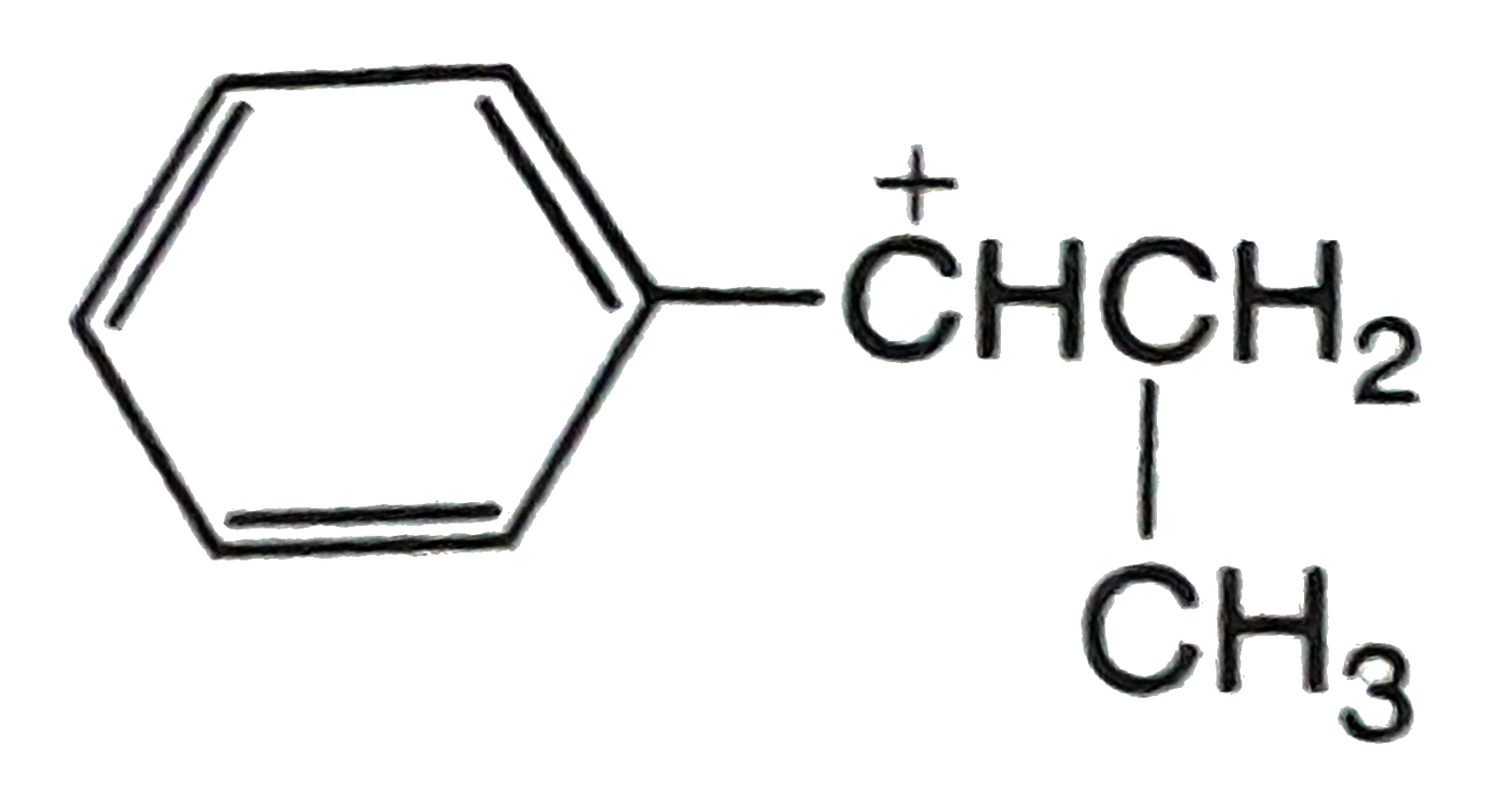 B
B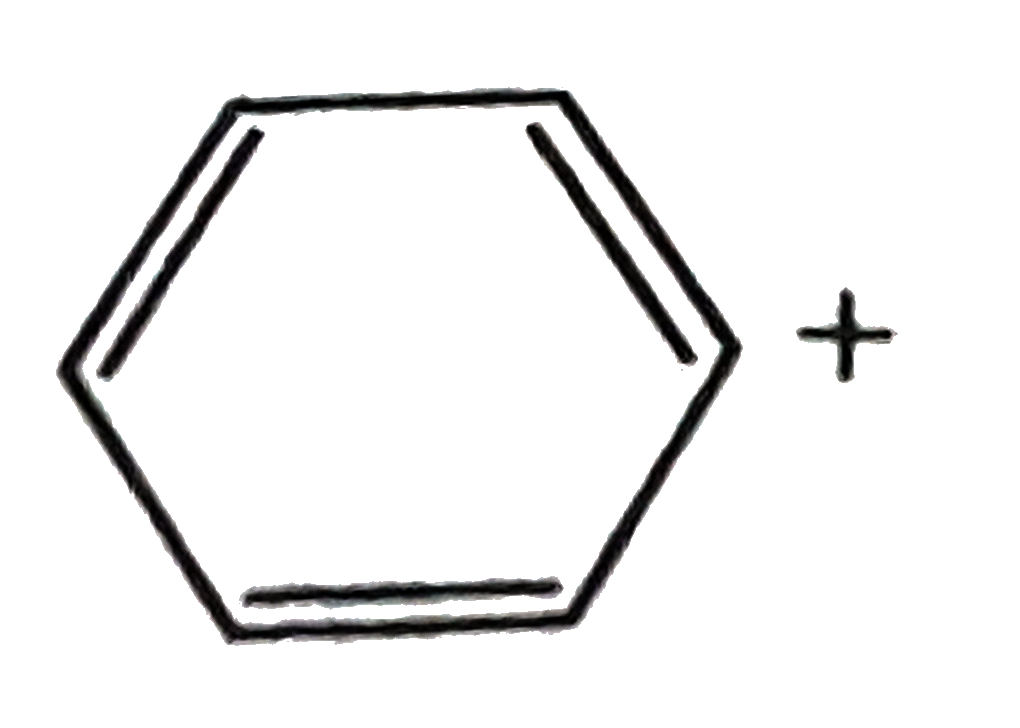 C
C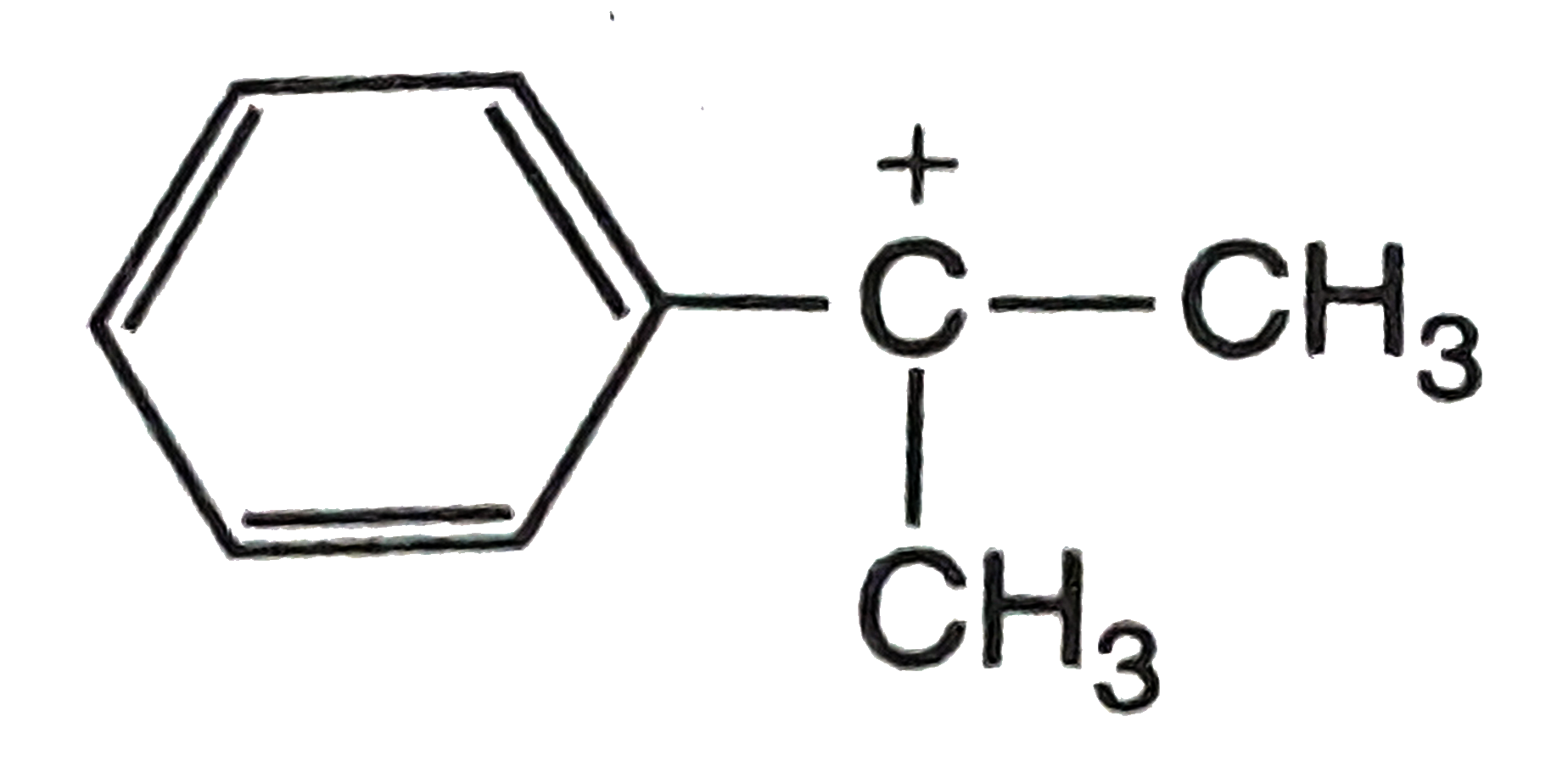 D
D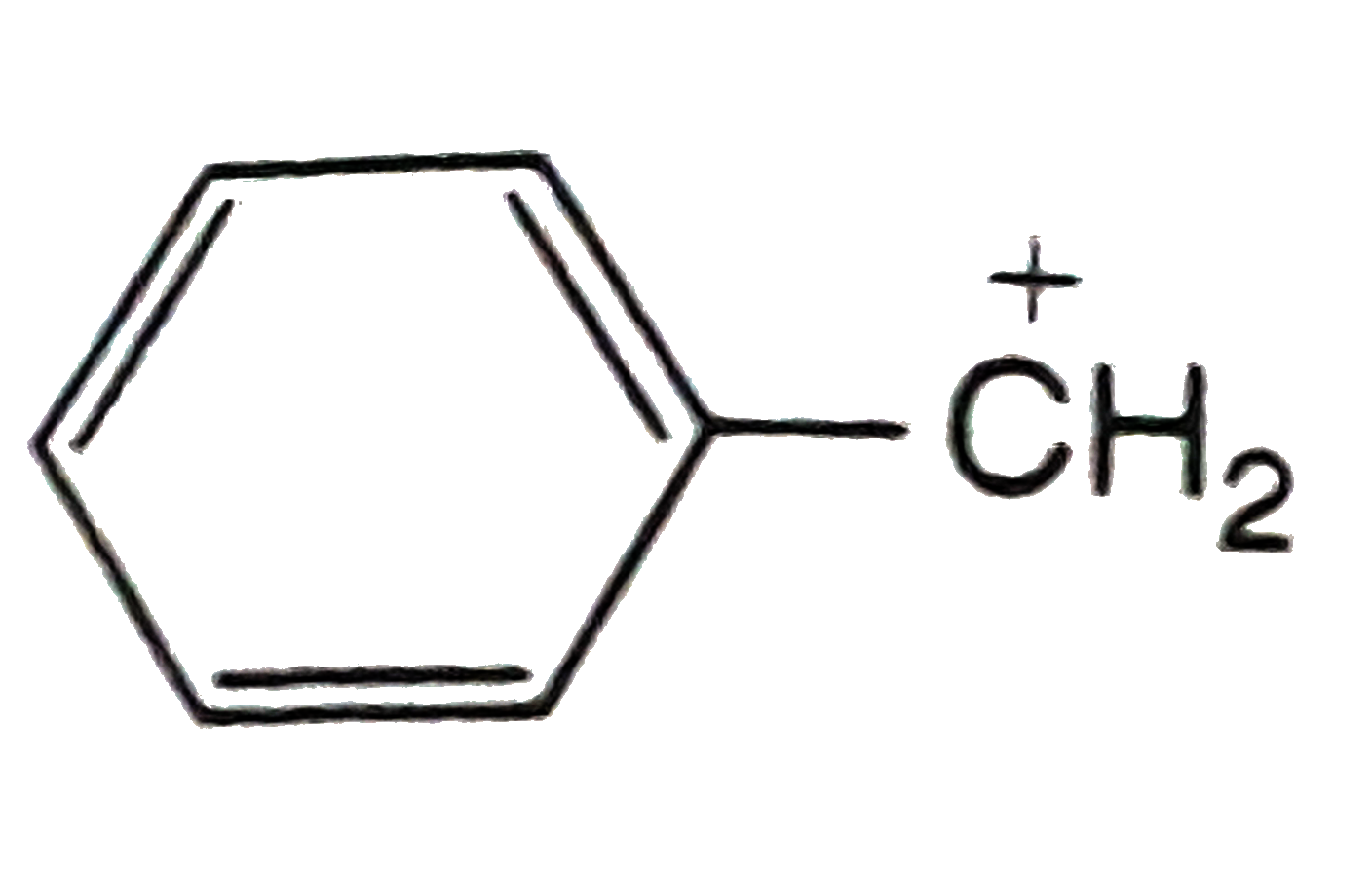
Which is most stable carbocation?
AIso-propylBTriphenylmethyl cationCEthyl cationDπ- propyl cationIdentify the most stable carbocation
A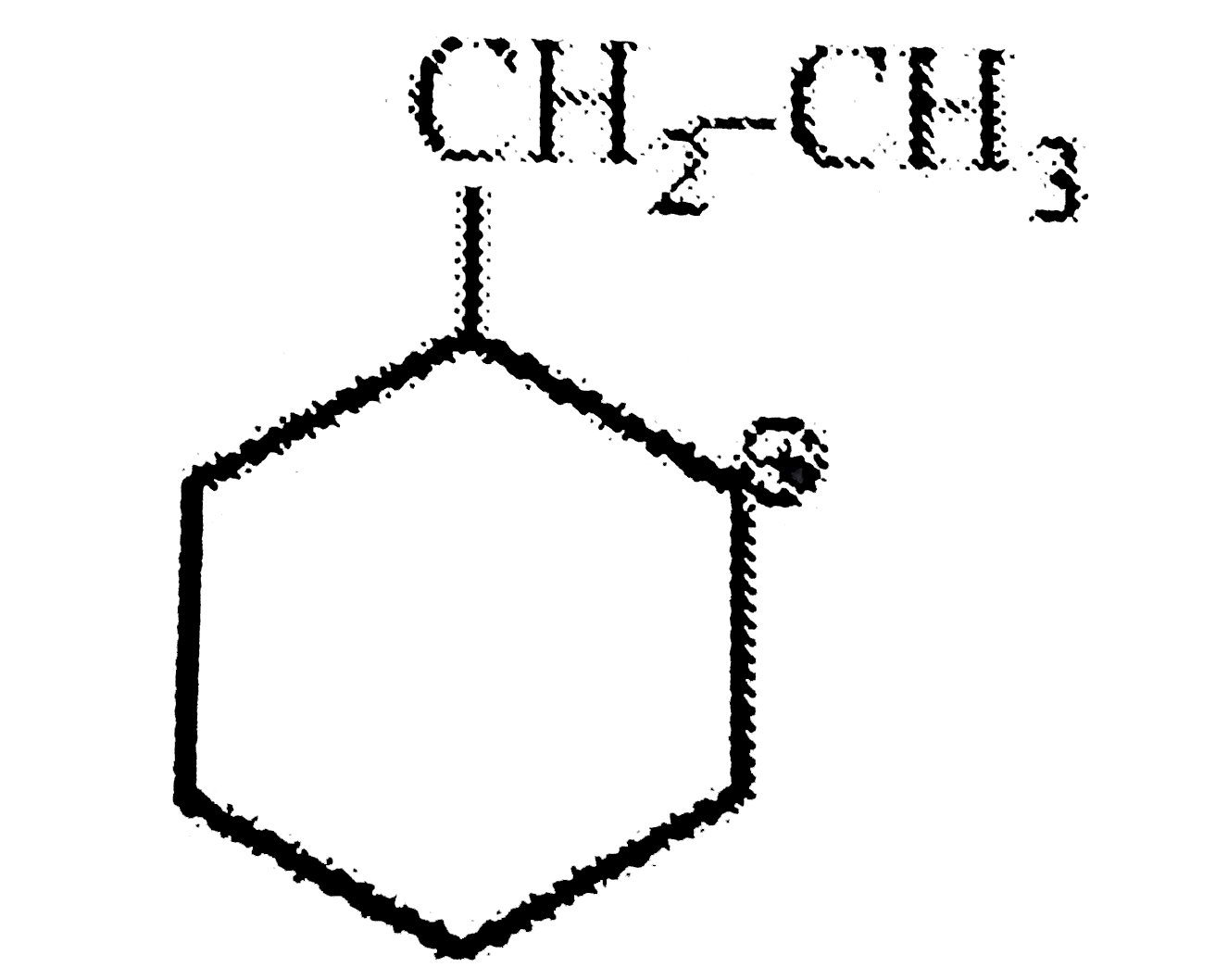 B
B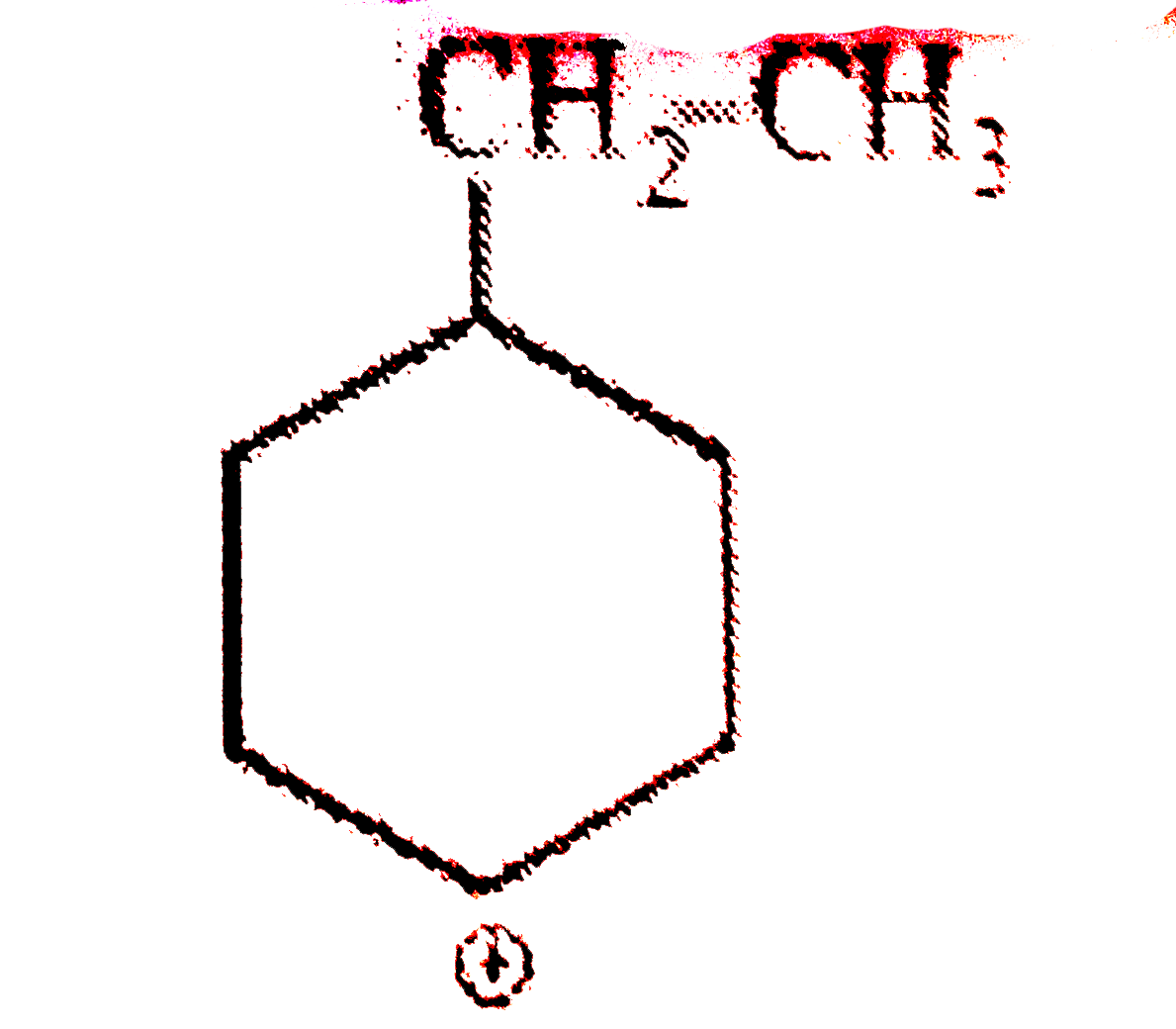 C
C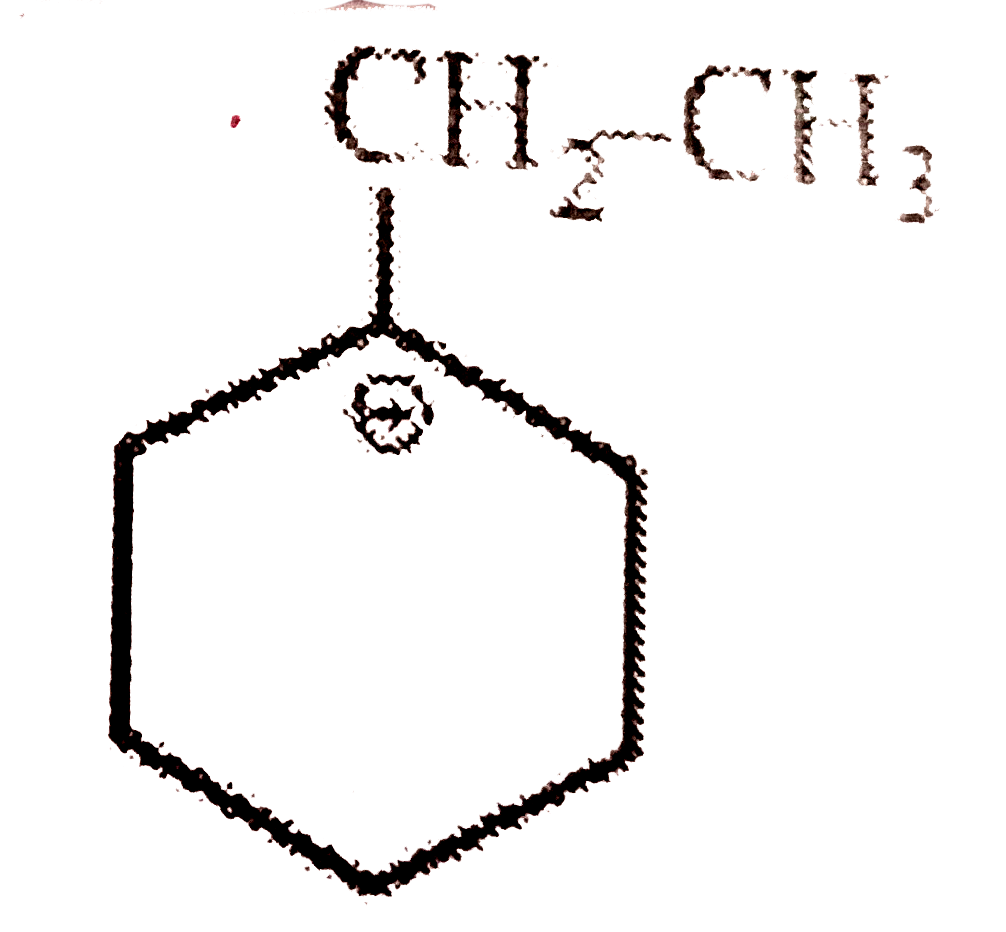 D
D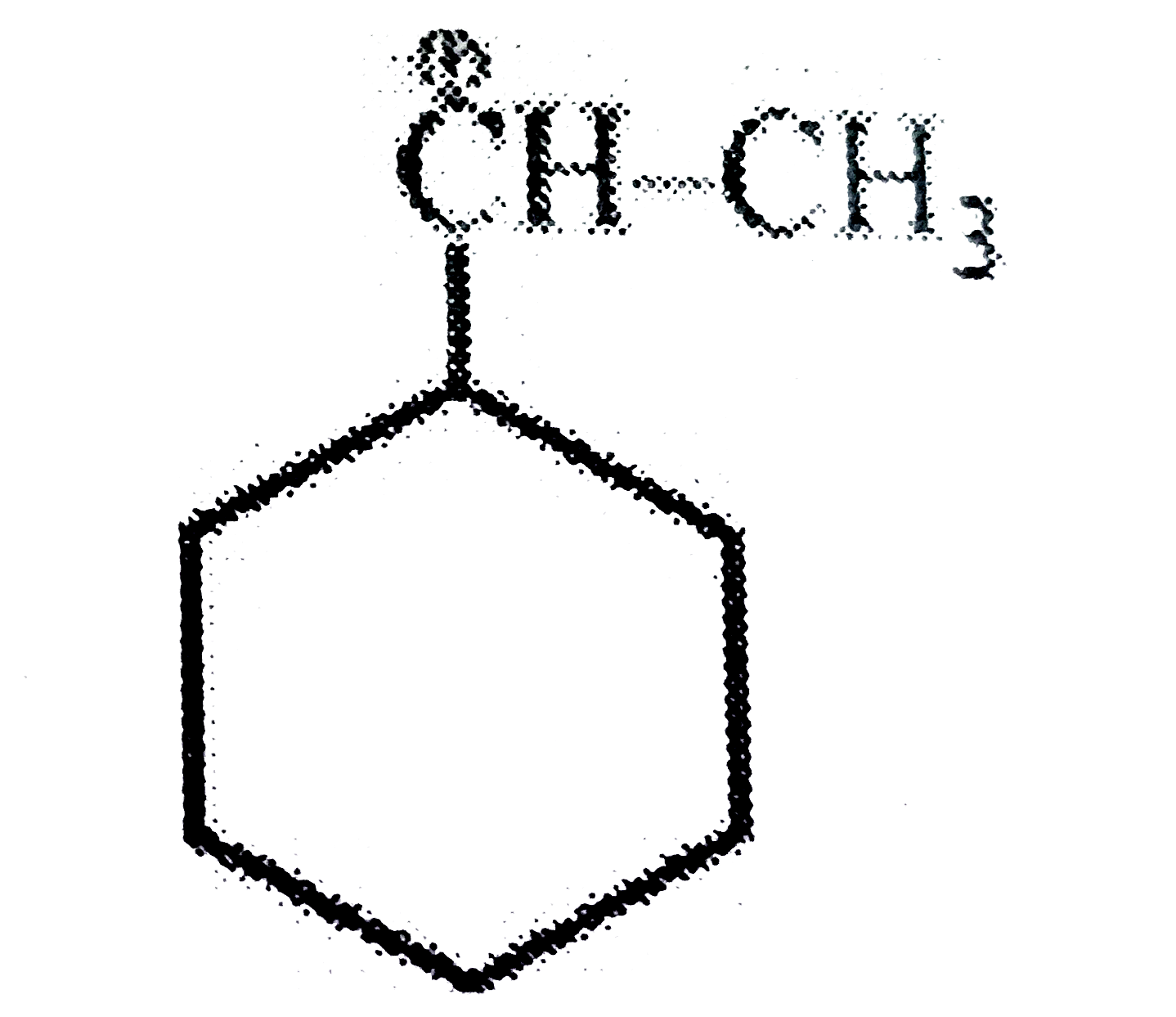
The most stable carbocation amongst the following is
View SolutionThe most stable carbocation among the following is
View SolutionWhich of the following is the most stable carbocation .
View SolutionWhich of the following is the most stable carbocation ?
View SolutionThe most stable carbocation among the following:
View Solution
